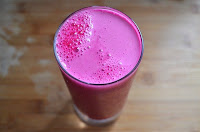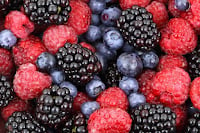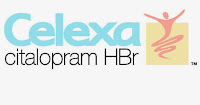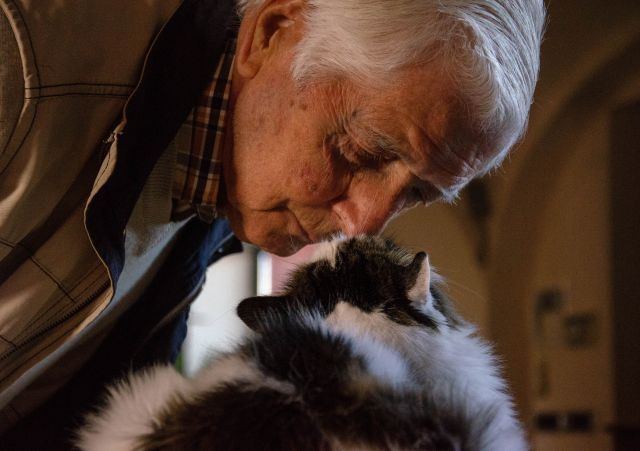
Vegetarians and Dementia
Strokes often trigger Vascular Dementia and Mixed Dementia. Just how effective are vegetarian and plant-based diets in protecting us from these common types of dementia?

Strokes often trigger Vascular Dementia and Mixed Dementia. Just how effective are vegetarian and plant-based diets in protecting us from these common types of dementia?

VIDEO+TRANSCRIPT: What are the best food sources of lutein, the primary carotenoid antioxidant in the brain?

A daily cup of tea — and other delicious options — could help you to enjoy better health late in life. Read on to learn more.

DRINKING beet juice can increase blood flow to the brain in older adults. The way beet juice does this holds great potential for combating dementia.

HEALTH CHART + 2 VIDEOS + ARTICLE: In 4,000 elders, nuts boosted cognition by 60% and delayed memory decline by 2 years. See the “Healthy

DIET VIDEO: Blueberries can significantly improve cognitive performance within hours of consumption. How solid is the science?

DIET: In a new study of people age 50 and older, eating certain fruits and plant-based foods over 20 years helps significantly lower Alzheimer’s and

VIDEO + ARTICLE: Researchers say a health lifestyle aimed at reducing frailty could help prevent dementia, even among those at high genetic risk for dementia.

ALCOHOL: It’s well known that a little red wine each day lowers dementia risk. But just how bad is overdoing it? This study of 6,000

Ketone-rich diets increase the SIRT3 protein that protects neurons from death during the progression of Alzheimer’s disease. But how does it work? Find out more.

A safer Alzheimer’s treatment may be on the horizon — but families still have meaningful choices today.

The smallest act of kindness is worth more than The grandest intention. Oscar Wilde

The antidepressant drug citalopram, also sold under the brand names Celexa and Cipramil, significantly relieves agitation in Alzheimer’s. Learn about the benefits and side-effects.

Researchers in Florida find that robotic pet cats improve mood, behavior and cognition in older adults with mild to moderate dementia. Find out more.

Ketone-rich diets increase the SIRT3 protein that protects neurons from death during the progression of Alzheimer’s disease. But how does it work? Find out more.

Memory failing? New research shows you may need help, but not for dementia. Memory slips, stress and fatigue are growing in people with healthy memory.
No spam, only news and updates.


